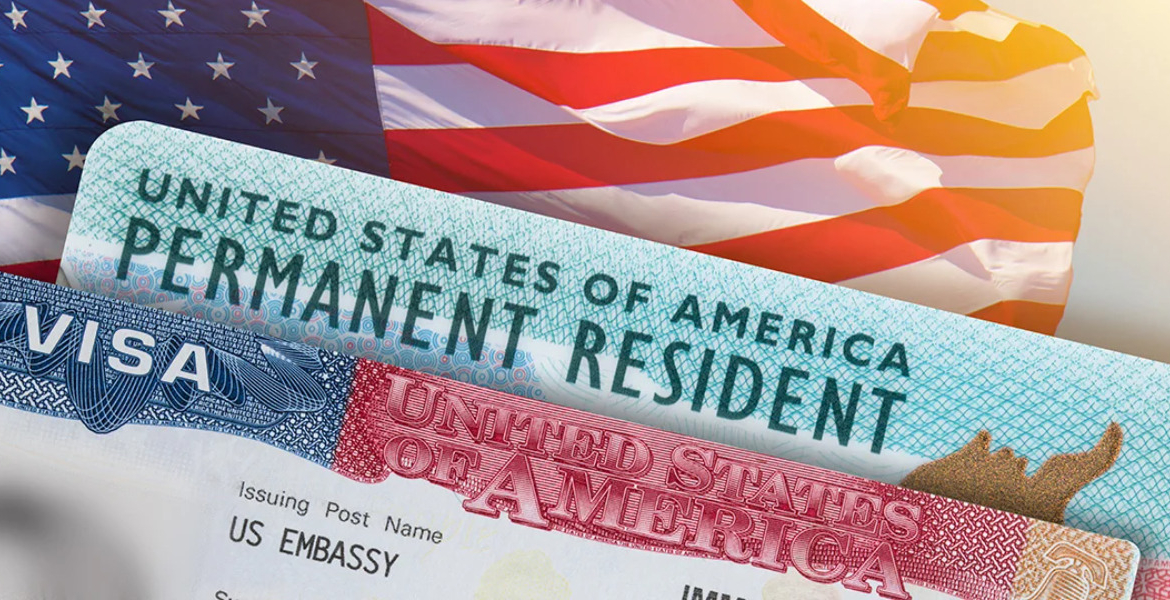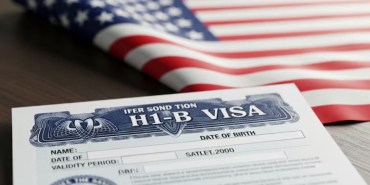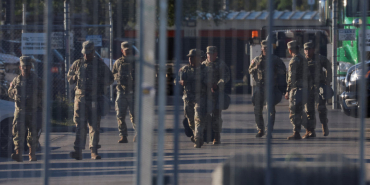US Government: You Could Lose Your Visa or Green Card If You Do This

The United States Citizenship and Immigration Services (USCIS) has recently reinforced its stance on immigration enforcement, warning that foreign nationals who violate federal law may have their green cards or visas revoked.
The USCIS's statement, prominently displaying the message "Green cards and visas will be revoked if an alien breaks the law," signals a definitive policy shift. Though no specific incidents are cited, the agency's language suggests broad application to all non-citizens residing in the country, including legal permanent residents.
"Coming to America and receiving a visa or green card is a privilege. Our laws and values must be respected," the agency asserts. "If you advocate for violence, endorse or support terrorist activity, or encourage others to do so, you are no longer eligible to stay in the US"
This declaration aligns with the Trump administration's recent moves to reinvigorate immigration enforcement through a policy referred to as "Catch and Revoke." Announced in a newsletter by Secretary of State Marco Rubio on 30 April, the policy enforces a one-strike rule: any immigrant found guilty of certain criminal acts will have their legal status rescinded.
"There is now a one-strike policy: Catch-And-Revoke," Rubio said. "Whenever the government catches non-US citizens breaking our laws, we will take action to revoke their status."
The announcement occurs during a period of increased surveillance and legal jeopardy for both lawful and undocumented immigrants. While previous immigration crackdowns have predominantly targeted individuals without legal status, current policies are casting a broader net, subjecting even green card holders and visa recipients to more rigorous examination. According to the Department of Homeland Security, there are approximately 12.8 million lawful permanent residents in the United States, individuals whose ability to remain now appears increasingly contingent upon strict adherence to US laws.
The green card, officially known as a Permanent Resident Card, grants non-citizens the right to live and work indefinitely in the United States. Paths to obtaining this status vary, including family sponsorship, employment, refugee or asylum status, or other humanitarian grounds. However, as the USCIS makes clear, permanence in this case is conditional. What distinguishes the current warning is the emphasis on national values and perceived moral alignment.
Analysts note that while the agency's core mandate remains administrative, its recent statements echo political themes characteristic of the current administration's stringent immigration agenda. The move has drawn attention domestically and abroad, with India's Ministry of External Affairs among the first to publicly acknowledge the policy shift. A spokesperson said, "Visa applications must be judged on merit and clarity of law. Any change in approach that appears to target specific communities must be evaluated carefully."
Human rights advocates caution that these measures risk conflating legitimate public safety concerns with a sweeping narrative of suspicion and punitive action against immigrants. The language used by USCIS, in particular its broad reference to "breaking the law" without defining thresholds, leaves open the possibility that even lesser, non-violent offences could result in severe consequences such as deportation or status revocation.
"Green card holders have rights, but those rights are not absolute," said an immigration legal expert based in New York. "What we are seeing is the elevation of immigration status from a legal category to a behavioural one predicated on an evolving and sometimes opaque standard of compliance."
The White House maintains that enforcing immigration laws is a matter of national sovereignty and public safety. President Trump has repeatedly framed immigration as a zero-sum issue, linking it closely with criminality and economic strain. "Anyone living in the country illegally is a criminal," he said in a past briefing.
In practice, the implementation of such measures has already led to the detention of immigrants with valid documents. Investigative reports have surfaced detailing instances in which green card holders were swept up in broader immigration raids, often facing prolonged legal challenges with uncertain outcomes.
Although the USCIS refrains from citing individual cases or laying out specific procedural guidelines, its warning is clear: immigration status is not a shield against legal consequences.








Add new comment